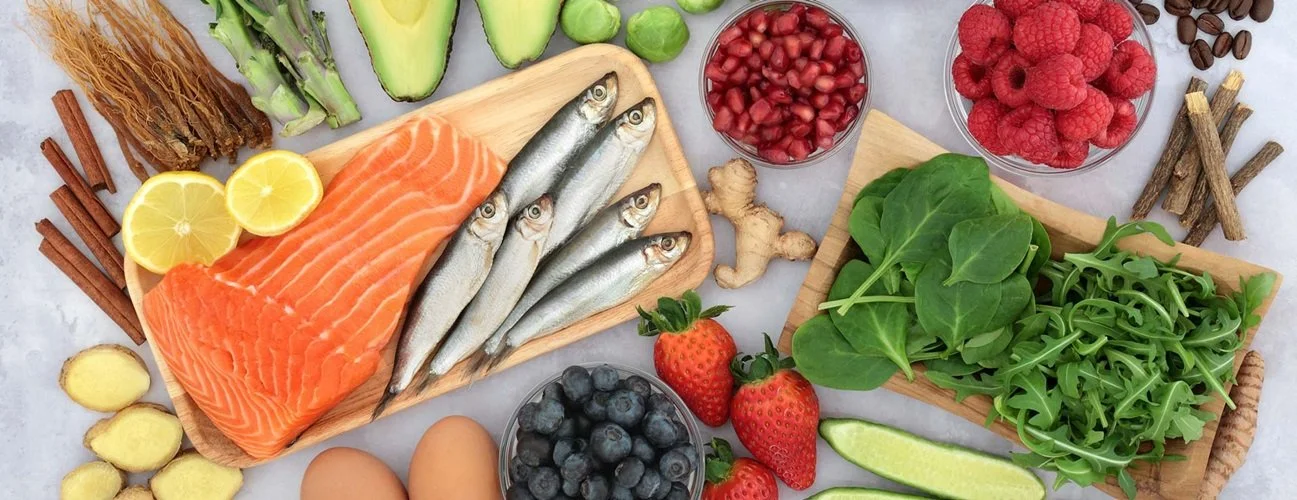Anti Inflammatory Foods that Support Recovery
Written by Madeline Morell, an undergraduate student at UNCW and a Public Health Intern at Going Beyond the Pink.
For some people living with breast cancer, focusing on how they nourish their body can help them feel empowered in their healing. Chemotherapy, radiation, and surgery can all take a toll, causing inflammation, fatigue, and changes in digestion and appetite. The good news? What you eat can play a powerful role in helping your body recover and feel stronger again.
Understanding Inflammation During Cancer Recovery
Inflammation is the body’s natural response to injury or illness. It’s part of the healing process, but when it becomes chronic (lasting too long or happening in excess), it can slow recovery and contribute to other health issues. Certain foods can increase inflammation, while others help calm and balance it. Learning the difference can give you more control over how you feel day to day.
Why Anti-Inflammatory Foods Matter
Anti-inflammatory foods are rich in nutrients that help your body fight oxidative stress, repair cells, and reduce swelling. These foods can:
Support immune function during recovery
Reduce fatigue and joint pain, which is common after treatment
Promote better digestion and gut health
Protect heart health, which is especially important after certain breast cancer treatments
Top Anti-Inflammatory Foods to Add to Your Plate
Try to fill your plate with foods that naturally calm inflammation:
Fruits and vegetables (especially berries, leafy greens, and cruciferous veggies like broccoli and kale)
Healthy fats such as olive oil, avocado, and nuts
Omega-3 rich fish like salmon
Whole grains like brown rice, quinoa, and oats
Herbs and spices with healing properties, such as turmeric or ginger
These foods provide antioxidants and phytonutrients, which are natural plant compounds that help your body repair itself after the stress of treatment.
Foods That May Increase Inflammation
Certain foods can trigger or worsen inflammation, especially during recovery. Try to reduce:
Processed meats and red meat
Sugary drinks
Refined carbs (white bread, pastries)
Fried foods and trans fats
Excess alcohol
Small, Realistic Changes That Make a Big Difference
You don’t need to overhaul your diet overnight. Small, sustainable changes like adding one extra serving of vegetables a day or swapping soda for herbal tea can make a real difference over time.
Eating an anti-inflammatory diet isn’t about restriction, it’s about restoration. It’s one more way to care for yourself after breast cancer treatment, helping your body rebuild strength, balance hormones, and protect against long-term inflammation.
If you’re unsure where to start, consider talking with a registered dietitian who understands cancer recovery. They can help you build a plan that fits your preferences, culture, and lifestyle.
Trusted Resources on Breast Cancer and Nutrition
Going Beyond the Pink Nutrition and Diet EdHub Page
Key Nutrients for a Cancer Patient’s Diet
American Cancer Society on Anti-Inflammatory Diets

